Try out our Credit transfer calculator to see how close you are to finishing your degree.
Newlane is U.S. Accredited as a competency-based program, Newlane lets you earn your degree at a pace that fits your life.



You’ve already learned so much—on the job, in life, or at school. Now you can turn that knowledge into real college credit and earn your degree faster. It’s flexible, affordable, and built around you.
We’ve designed a learning experience that seamlessly integrates into your busy life. With diverse, interactive learning tools, you have the freedom to learn your way.


Our cutting-edge technology delivers exceptional education at a fraction of the cost. Earn your degree for $1,500 total, with manageable monthly payments of just $39.
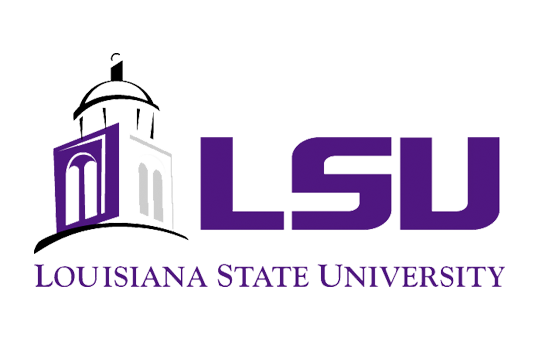
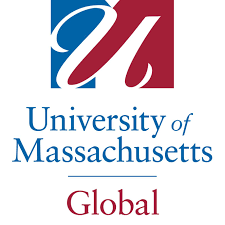
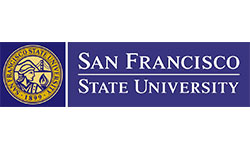


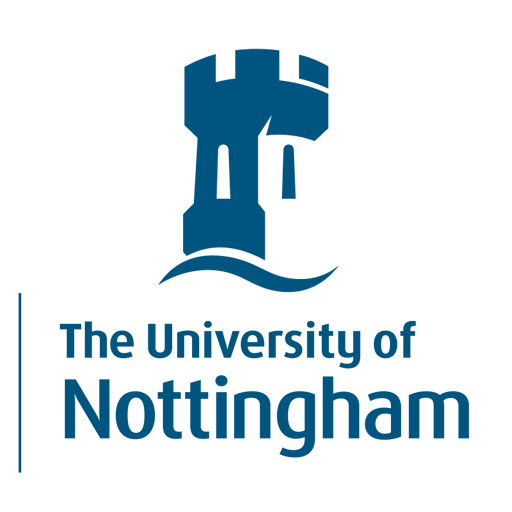

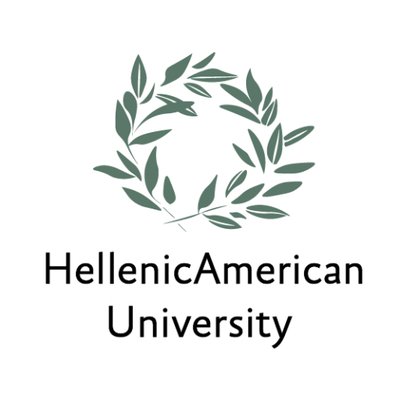
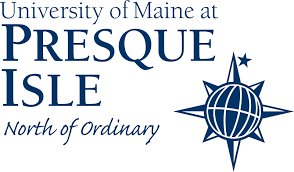
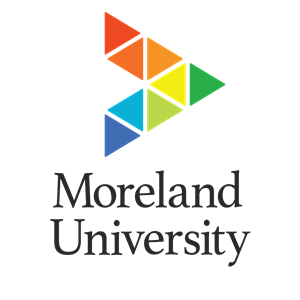
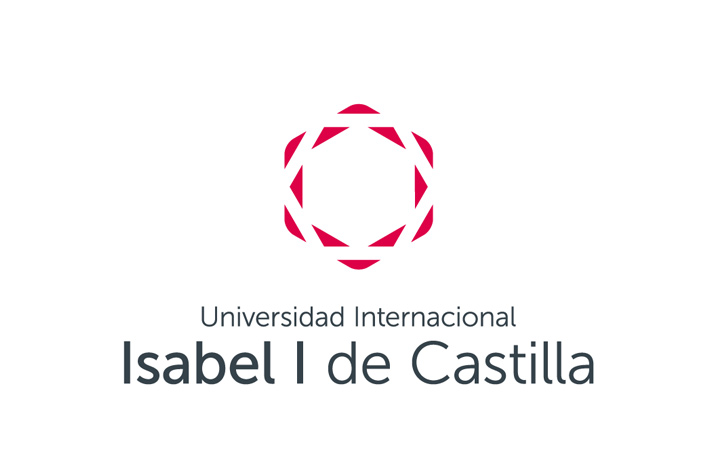




Newlane University is mission driven. Read the manifesto we wrote around the time of our founding. We reference these ideas as our northstar to influence all our decisions.
ONE
Making quality education inaccessible or exclusive is immoral.
Education belongs in the same category as shelter, clean water, and basic food.
two
Students should be able to learn anything from anywhere on earth. With few exceptions, tying education to geography is a form of exclusion.
three
The most effective time to learn something is when the student is ready, not when the teacher or institution is available.
Four
The current admission-based system is a vestige of a scarcity model that could only fit a limited number of seats in a classroom. No one should have to be admitted or ask permission to learn a subject.
five
The amount of time it takes to learn something shouldn’t be decided before hand; some students can learn something in minutes that will take others days or years to learn.
six
It should be a process like eating, drinking, and exercise: continual, habitual, and evolving. Students should not be categorized or limited by what they have studied or learned to date.
seven
Students should only be assessed on whether they have mastered the stated objective or ‘not yet’. Removing competition decreases the incentive for cheating or cutting corners.
eight
Students should be able to move freely among any learning institution or organization at anytime or for any reason.
nine
useful, and verifiable documentation of student mastery of explicit learning objectives, rather than an institutional stamp attesting to completion of a vague curriculum.
ten
Prevalent teaching approaches are often culturally, gender or socio-economically biased. While clear and explicit learning objectives can be universally agreed upon, the manner in which these are achieved should be as diverse as the student body.
eleven
and as varied and diverse as the students pursuing them.
twelve
Embarking on an online degree program at our university offers the flexibility and convenience needed to pursue your educational goals alongside work and personal commitments.
Yes! Newlane University is accredited by the Distance Education Accrediting Commission (DEAC).
DEAC is listed by the U.S. Department of Education as a recognized accrediting agency. DEAC
is also recognized by the Council for Higher Education Accreditation (CHEA).
YES! In fact, up to 75% of the degree credit requirements can be transfer credits. Credits may show as “Transfer” or “Unspecified General Education” or “Unspecified Elective Credit.”
Newlane University accepts credit from accredited post-secondary US institutions as well as accredited non-US post-secondary institutions toward a degree at Newlane University. New applicants and current Newlane students can apply for transfer credit. Newlane also accepts transfer credits from the following:
Newlane University accepts only grades of “C” or higher for transfer credit. Due to advances in technology and changes in laws, some credits older than 3 years may not be transferable.
At Newlane, the cost for a degree is $1500.
An associate’s Degree is $1500, and a bachelor’s degree is $1500.
When you sign up, you’ll be charged a first tuition payment of $249, then a monthly charge of $39. All costs go toward the $1500 total.
Once you’ve paid $1500, you won’t be charged anything else, but you will still have access to the platform until you graduate. Tuition costs do not include books or materials. Most courses don’t require additional books or materials, but some may.
First, fill out a short application. If you are accepted, you will register, choose a degree program and sign an enrollment agreement. Last, you’ll take the Newlane Basic Orientation course. This should just take around 30 minutes to complete.
You can find more detailed information about the process of applying here.
You will need a desktop, laptop or mobile device as well as a microphone, camera (these may be part of the computer, or separate devices plugged into the computer) and internet fast enough to handle streaming video. Learning can be done online or offline.
Newlane recommends that students and experts use the Chrome browser to access coursework and for course hearings (the one-on-one video conference oral exam with a course professor at the end of each course). Tests and counseling sessions are conducted through video chat on the Newlane site. No third-party software is needed. It is safest to consider the learning platform on Newlane in beta for mobile devices. While tablets, smartphones and other mobile devices may allow for some completion of coursework, they are not guaranteed to work in all areas.
Newlane is a competency-based program. Each course provides course goals and objectives over which students need to demonstrate mastery in order to pass the course. Newlane uses a three-phased assessment process: self-assessment, computer-scored assessment, expert-verifcation.
First, we’re not providing any fancy stadiums, or alumni centers, etc.. Second, we’re not providing live teaching or instruction for every lesson. Instead, we leverage the abundant free high quality online resources that our experts have vetted. And while we provide instructional material, you are also welcome to use whatever materials or resources you find to master the objectives. Newlane does not dictate or verify how or where you learn the information, only that you learned it. And assessing that you have mastered the target objectives is where the live expert is vital.
YES! You can live anywhere in the world. So long as you have access to an internet connection, you can enroll and complete your studies on Newlane. In fact, we currently have students from all over the world, including, Australia, Thailand, China, Singapore, Ireland, Mexico, Canada, United States, Zambia, and more.
Have questions that aren’t answered here? Drop us a line at contact@newlane.edu